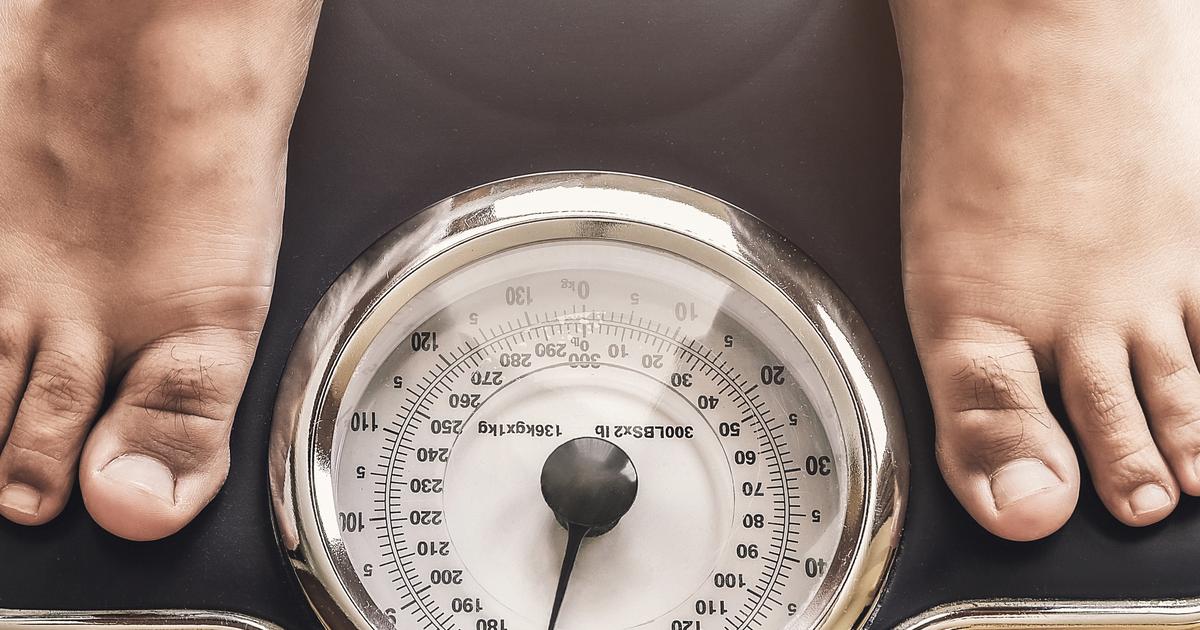Guide To The Side Effects Of Mood Stabilizers
Weight Gain

Weight gain is a very common side effect of most mood stabilizers, especially lithium, divalproex sodium, and valproic acid. Roughly twenty-five percent of those taking lithium will experience weight gain with long-term treatment, and the amount gained usually ranges from 4.5 to twelve kilograms. Doctors believe fluid retention, increases in appetite, polydipsia, and subclinical hypothyroidism triggered by lithium use may all contribute to weight gain for these patients. Studies suggest valproate users may gain three to ten kilograms over three to twelve months, and one study reported weight gain of twenty-one kilograms over seven years of using this medicine. Valproate use may cause some female patients to develop polycystic ovarian syndrome, and this could lead to weight gain as well.
Research conducted on gabapentin users found the medication was associated with an average weight gain of 0.9 to three kilograms over twelve weeks, and carbamazepine is associated with moderate weight gain. Patients who take mood stabilizers with antipsychotics such as risperidone and olanzapine have a significantly increased chance of gaining weight. Currently, lamotrigine is one of the only mood stabilizers not associated with weight gain. Patients taking mood stabilizers may need to have their weight monitored frequently, and it may be necessary to have professional help from doctors and nutritionists to maintain a healthy weight and avoid weight-related complications.
Get more information on the side effects of mood stabilizers now.